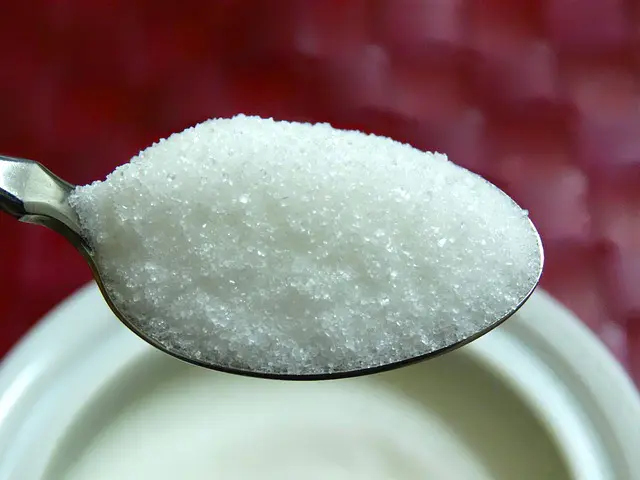Individuals who decide to forgo sugar often opt for artificial, zero-calorie sweeteners. These alternatives are now a common feature in a variety of products, including soft drinks, chewing gum, candies, jellies, dairy items, and more.
The FDA has granted approval to six calorie-free sweeteners: acesulfame, aspartame, neotame, saccharin, Stevia, and sucralose. Any item bearing the labels "sugar-free" or "diet" likely contains at least one of these sweeteners. But what do these sweeteners consist of, and do they offer any health advantages over sugar?
Artificial Sweeteners and Weight Management
Artificial sweeteners provide the same level of sweetness as sugar but without the calories. They are particularly beneficial for those with diabetes, as they do not impact blood sugar levels. However, this is not the complete picture.
Research indicates that while artificial sweeteners may offer short-term benefits, they could contribute to weight gain over time. Despite being calorie-free, they have the potential to stimulate the growth of new fat cells.
Artificial Sweeteners and Craving Persistence
Artificial sweeteners maintain sugar cravings. While they can trick your taste buds, they cannot deceive your brain.
Consuming sugar triggers the release of dopamine, the neurotransmitter associated with pleasure and reward. Artificial sweeteners, however, do not stimulate dopamine release, leaving cravings unquenched. Consequently, there is an increased likelihood of indulging in sugar and other unhealthy foods later.
Moreover, artificial sweeteners are significantly sweeter than sugar, and frequent consumption can lead to a decreased sensitivity to sweetness. This can diminish the enjoyment of healthy foods like fruits and vegetables, as their natural sweetness may not satisfy your heightened sweet preference. To truly curb your sweet tooth, it is necessary to abstain from both sugar and artificial sweeteners.
The Conclusion
There has been ongoing debate about the health implications of artificial sweeteners. Numerous health organizations, including the National Cancer Institute, assert that there is no robust scientific evidence linking FDA-approved sweeteners to severe health issues.
The FDA has established an acceptable daily intake for each sweetener, representing the maximum amount a healthy adult can consume daily over a lifetime without adverse health effects. The figures can be perplexing, but it's important to know that the acceptable daily intake is one hundred times lower than the threshold that could cause health concerns. For more information, visit the FDA’s webpage on artificial sweeteners: Artificial Sweeteners.
Artificial sweeteners can assist in reducing sugar consumption, especially for those not yet ready to abandon sugary items. However, to truly eliminate sugar cravings, it is essential to cease consumption of both sugar and artificial sweeteners.
Recent
See All2025-03-05
Strategic Portion Management for Holiday Feasts
2025-03-05
Mastering Portion Sizes for Festive Season Feasts
2025-03-05
Embrace a Plant-Based Diet for Enhanced Health and Longevity
2025-03-05
Set Aside the Scale for a While!
2025-03-05
Temporarily Toss Aside the Scale!
2025-03-05
Harnessing Your Food Cravings: A Blueprint for Overcoming Those Persistent Urges
2025-03-05
Managing Your Food Cravings: A Guide to Taming Those Temptations
2025-03-05
Welcome to the Era of Health Tech!
2025-03-05
Transform Your Fitness Routine with High Intensity Interval Training!
2025-03-05
Maximize Your Fitness Routine in Minimal Time
Newsletter
Get life tips delivered directly to your inbox!












